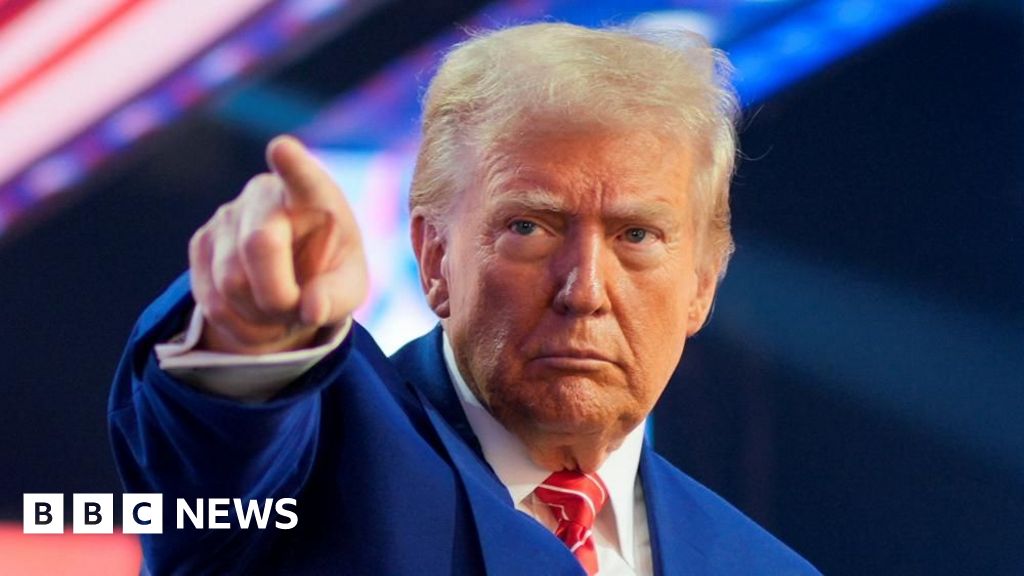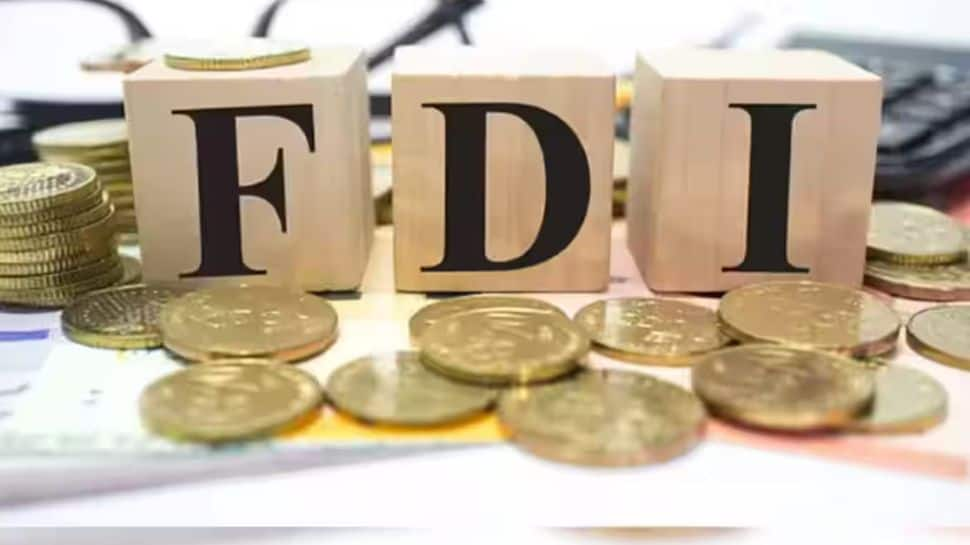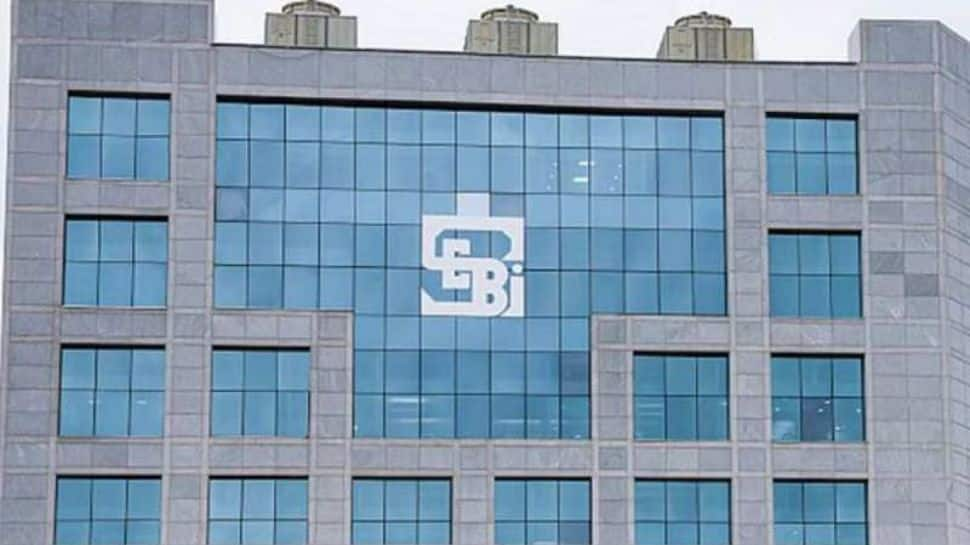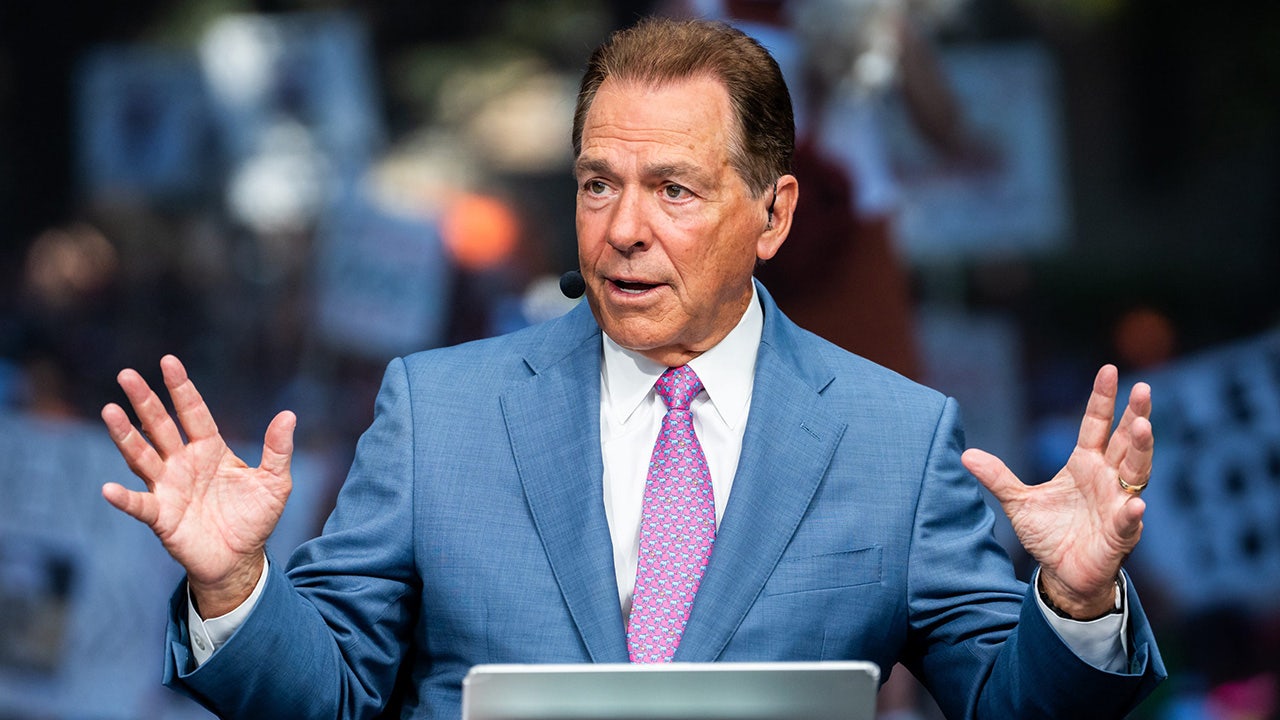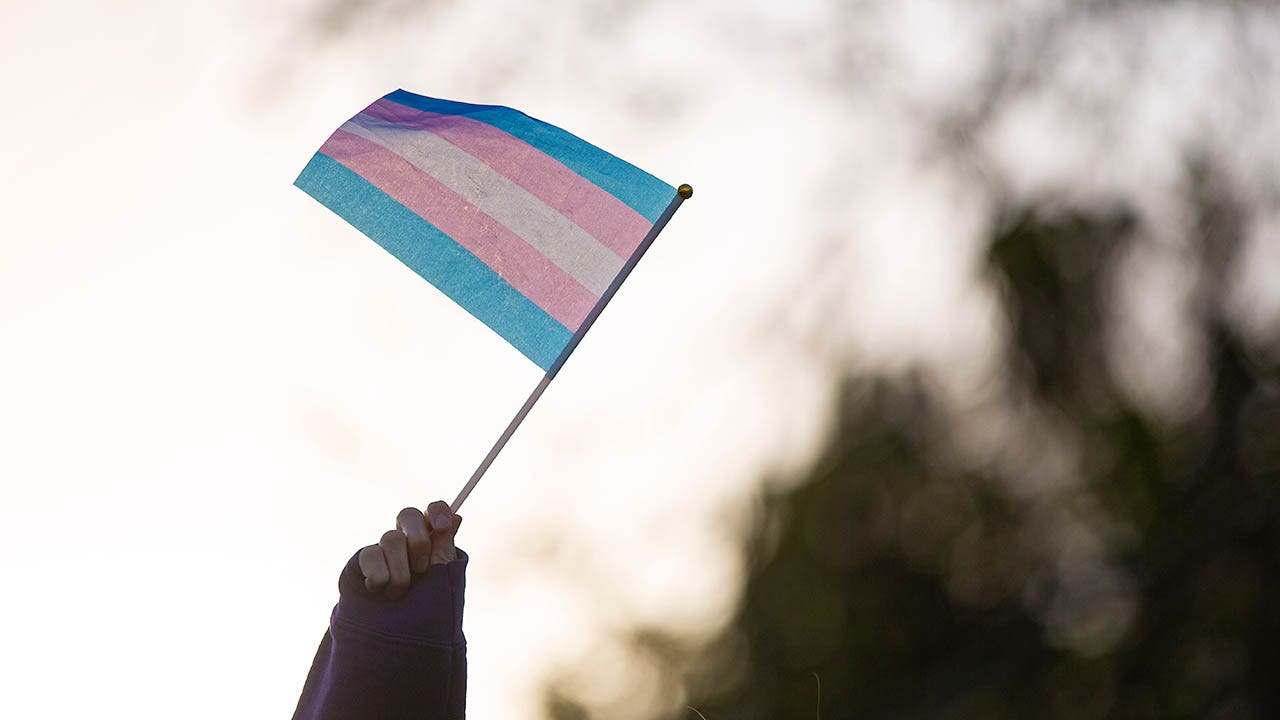RBI has announced the withdrawal of the Rs 2,000 banknote introduced in the wake of demonetisation in 2016. The withdrawal does not change their legal status. However, RBI has encouraged the public to exchange or deposit these notes with banks. Here is what you need to know about the process:
What are reasons for withdrawing the Rs 2,000 note?
According to RBI, high-value notes were introduced to replace the demonetised notes in 2016 quickly. There are now enough notes of Rs 500 in circulation to meet the economy’s needs, and the Rs 2,000 notes are not used in day-to-day transactions. As these banknotes are nearing the end of their lifecycle, RBI has chosen to withdraw them as part of its clean note policy.
Do the Rs 2,000 banknotes cease to be legal tender?
No. The Rs 2,000 banknote will retain its legal tender status and can be used for transactions. But people are encouraged to deposit and/or exchange these banknotes (up to Rs 20,000) from May 23, 2023, to September 30, 2023. Besides banks, these notes can be exchanged at RBI’s 19 regional offices.
How many Rs 2,000 notes can be deposited?
There is no limit on deposits subject to compliance with extant know your customer (KYC) norms and other applicable statutory/regulatory requirements.
Can the banknotes be exchanged through Business Correspondents (BCs)?
Yes, But only up to a limit of Rs 4,000 per day for an account holder.
Who can exchange notes?
A non-account holder also can exchange up to ten banknotes of Rs 2,000 (Rs 20,000) at a time at any bank branch.
What if the amount to be exchanged exceeds Rs 20,000?
The Rs 2,000 banknotes must be deposited into bank accounts, and cash requirements can be drawn thereafter against these deposits.
Can banks refuse to exchange/accept the deposit of Rs 2,000 notes?
No. If they refuse, the customer must take it up with the bank’s grievance cell and if necessary, with the ombudsman. Banks must also take steps to assist senior citizens and persons with disabilities seeking to exchange/deposit such notes.
What are reasons for withdrawing the Rs 2,000 note?
According to RBI, high-value notes were introduced to replace the demonetised notes in 2016 quickly. There are now enough notes of Rs 500 in circulation to meet the economy’s needs, and the Rs 2,000 notes are not used in day-to-day transactions. As these banknotes are nearing the end of their lifecycle, RBI has chosen to withdraw them as part of its clean note policy.
Do the Rs 2,000 banknotes cease to be legal tender?
No. The Rs 2,000 banknote will retain its legal tender status and can be used for transactions. But people are encouraged to deposit and/or exchange these banknotes (up to Rs 20,000) from May 23, 2023, to September 30, 2023. Besides banks, these notes can be exchanged at RBI’s 19 regional offices.
How many Rs 2,000 notes can be deposited?
There is no limit on deposits subject to compliance with extant know your customer (KYC) norms and other applicable statutory/regulatory requirements.
Can the banknotes be exchanged through Business Correspondents (BCs)?
Yes, But only up to a limit of Rs 4,000 per day for an account holder.
Who can exchange notes?
A non-account holder also can exchange up to ten banknotes of Rs 2,000 (Rs 20,000) at a time at any bank branch.
What if the amount to be exchanged exceeds Rs 20,000?
The Rs 2,000 banknotes must be deposited into bank accounts, and cash requirements can be drawn thereafter against these deposits.
Can banks refuse to exchange/accept the deposit of Rs 2,000 notes?
No. If they refuse, the customer must take it up with the bank’s grievance cell and if necessary, with the ombudsman. Banks must also take steps to assist senior citizens and persons with disabilities seeking to exchange/deposit such notes.






